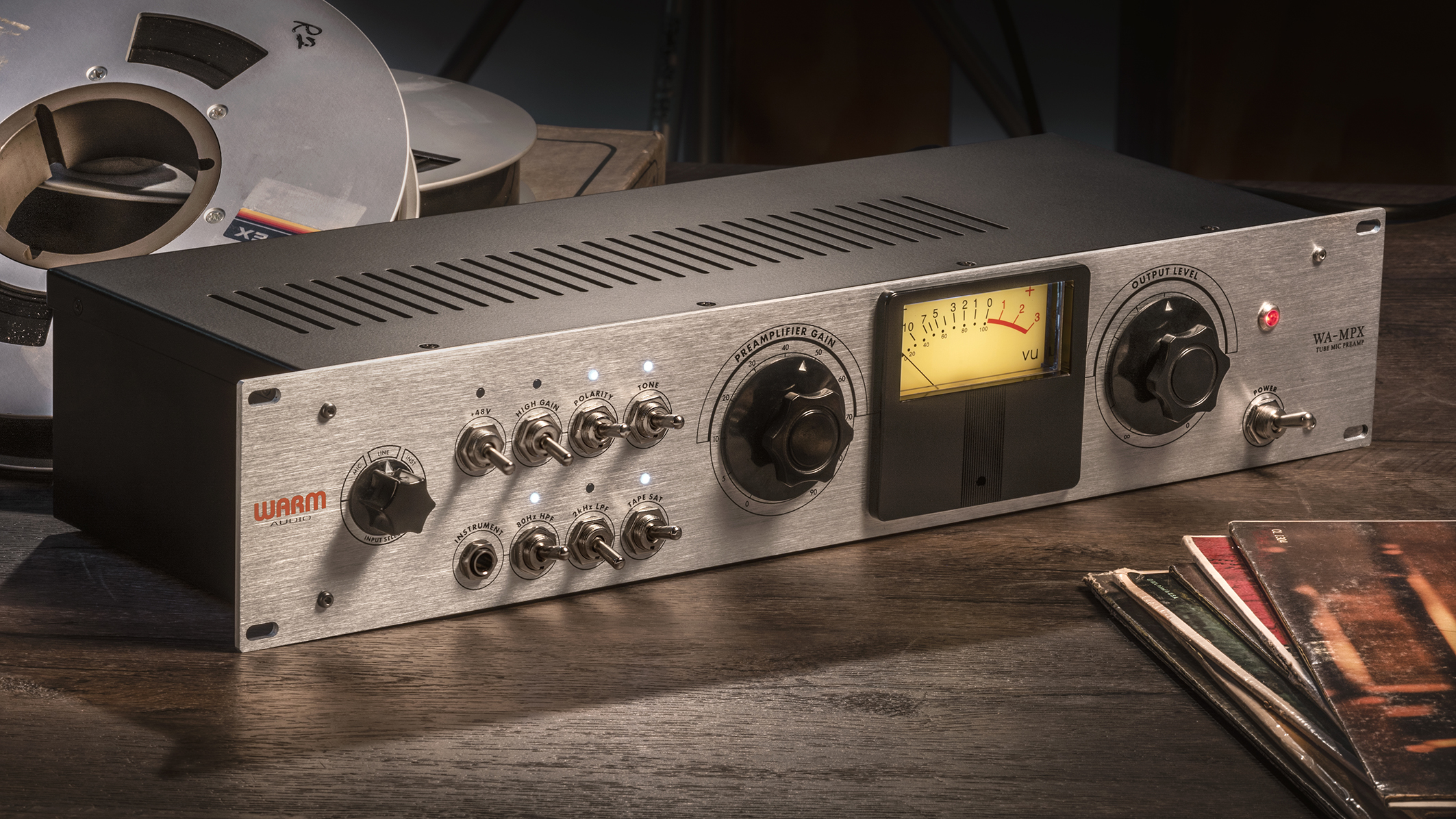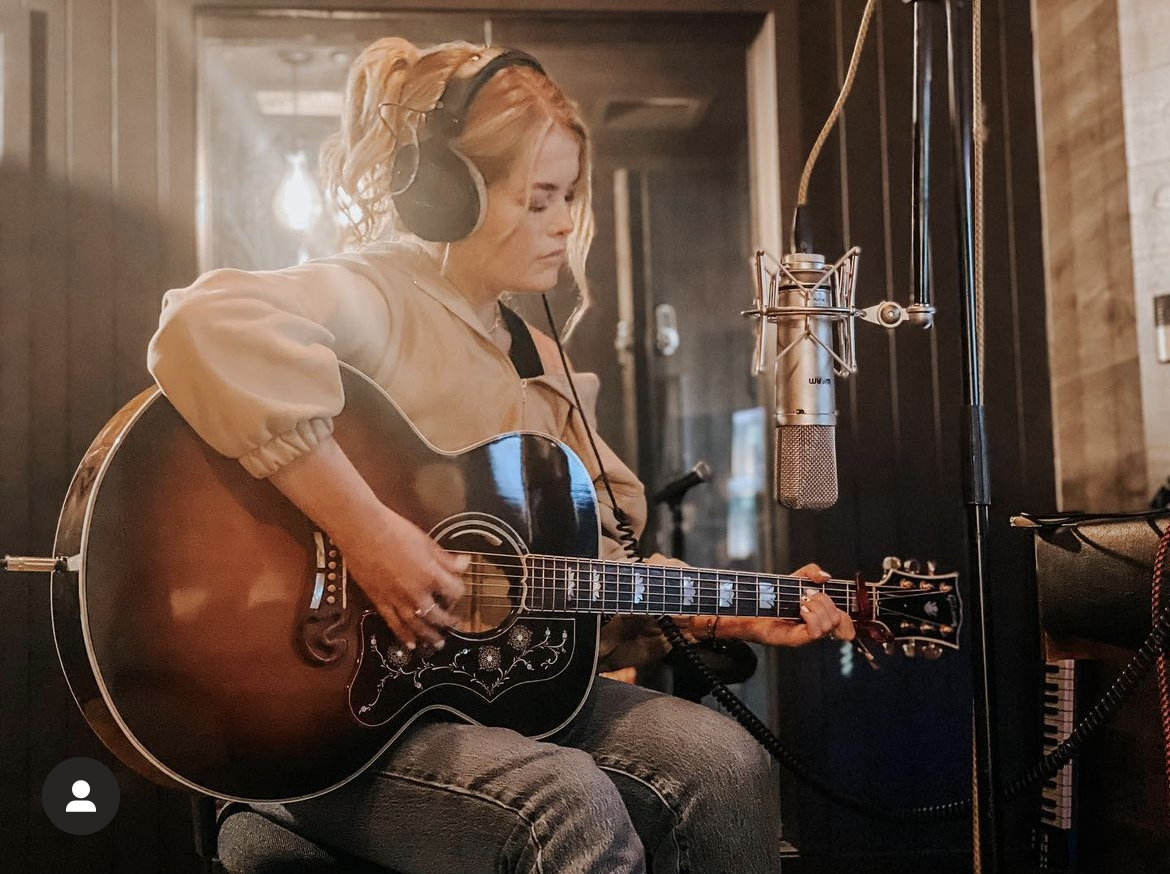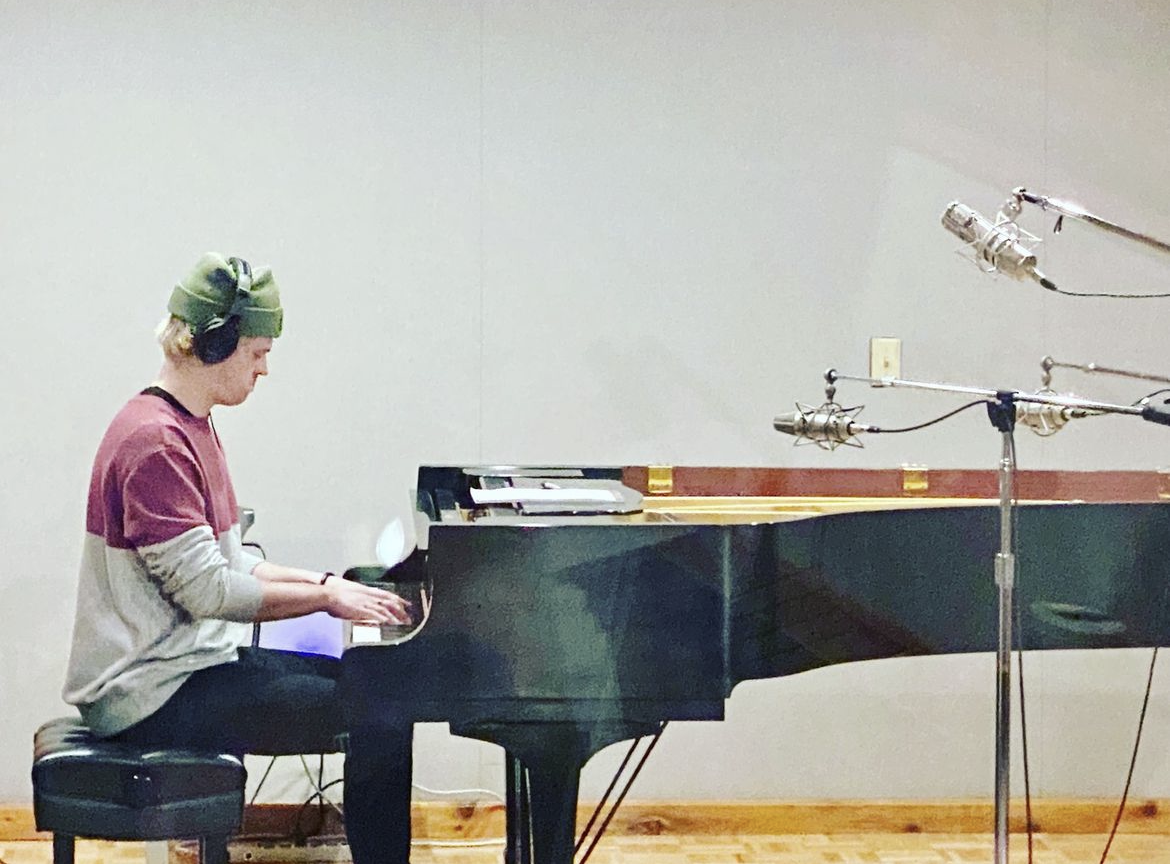A guide to choosing the right mic preamp with Warm Audio
To celebrate the release of the WA-MPX, we look at three different studio scenarios and pick the perfect classic style of preamp for each

Warm Audio is a professional audio company that’s carved out a worldwide reputation for authentically recreating some of the most iconic gear and analogue equipment from musical history at a price everyday music-makers can afford.
Today Warm Audio announces the release of the WA-MPX, a new tube mic preamp that faithfully recreates the legendary vintage tape machine tube preamp that gave rise to rock ‘n’ roll itself. Together with the brand’s audio experts, we’re going to look into how we might approach recording three different set-ups by selecting the right preamp for the job.
The path towards choosing the right microphone preamp begins by understanding what the preamp is for: what it can and can’t do for you. A preamp is critical to getting the most out of your recordings. Adding a discrete analog preamplifier between your microphone and your audio interface will accomplish three things. Firstly, you’ll get a lot more usable gain. Secondly, you’ll get a lot less noise. But most importantly, you get increased character and/or tone. We're going to look at three of the most sought-after preamp styles and their distinct benefits and sonic profiles.

Everything that we add to a signal path has a sound profile, and this is especially true for preamps. Some are intentionally “clean” by design, and their primary benefit is to boost volume, but when it comes to professional analogue recordings, we’re often looking for something that provides a little more character, colour and “vibe”. This is something that the WA-MPX delivers in spades, recreating authentic ‘50s 351-style preamps that turn the raw power of vacuum tubes into impactful, saturated tones.
In this guide, we’ll cover three hypothetical studio situations and explore how we can use different preamps to achieve optimum sonic results.
1. Example setup: Acoustic singer-songwriter
- Preamp recommendation: American 12-style preamp / Warm Audio WA-TB12
- Sources: Lead vocals, acoustic guitar
- Associated gear: computer & DAW, 2-4 channel interface, 2-3 condenser mics, cables
When we’re recording acoustic guitar and vocals - two sound sources that are often at a low-to-midrange volume - it’s wise to leave room for these signals to shine. American 12-style preamps can provide additional clarity and clean gain options that can benefit mixes built on lower track counts, with fewer competing instruments.
Those tracking one source at a time in a minimalist setup would be well-served by one 12-style preamp, but if we’re looking for more of a live feel, stretching to two preamps and recording the vocals and guitar simultaneously could help us achieve this.

2. Example setup: Piano and keys
- Sources: Acoustic or pro stage piano (Ex: Steinway Grand, Nord, Yamaha, Kurzweil)
- Associated gear: Computer & DAW, 2-4 channel interface, 2-3 balanced TRS cables
- Preamp recommendation: 73-style British preamp / Warm Audio WA73
Piano and keyboard sounds are unique, and can be some of the trickiest sources to capture accurately, as their frequency content spans the tonal spectrum and can be highly variable. This demands a versatile preamp that offers tonal options ranging from transparently clean to characterfully coloured.
Those looking for a crisp and clean grand piano sound would do well to use a 73-style British preamp, an option that provides enough depth and air to help performances stand out. When the occasion calls for analogue warmth, driving a 73-style preamp by boosting the gain will engage the transformers, imbuing keyboard parts with that classic console sound and helping them integrate into a mix with ease.

3. Example setup: Gritty acoustic guitar
- Sources: Mono acoustic guitar with mid-heavy tonality
- Associated gear: computer & DAW, 2-4 channel interface, 2-3 balanced TRS cables
- Preamp recommendation: 351-style tube preamp / Warm Audio WA-MPX
Micing, amplifying and processing acoustic guitars is an art in itself, but what we’re looking at here is how to achieve an intimate, woody and gritty tone that’s full of warmth and saturation. Step one in this process will be to start with a microphone that’s going to accentuate this type of tone. Next up, we want to use a preamp that’ll bring these sounds out of the microphone: a 351-style tube preamp will do the job.
A single microphone, positioned between the soundhole and the 12th fret, should give enough depth to the guitar without imparting the width associated with a stereo setup. The 351-style tube pre should allow the guitar’s full character to come out, and driving the input control will let the tubes add natural compression.
Get the MusicRadar Newsletter
Want all the hottest music and gear news, reviews, deals, features and more, direct to your inbox? Sign up here.